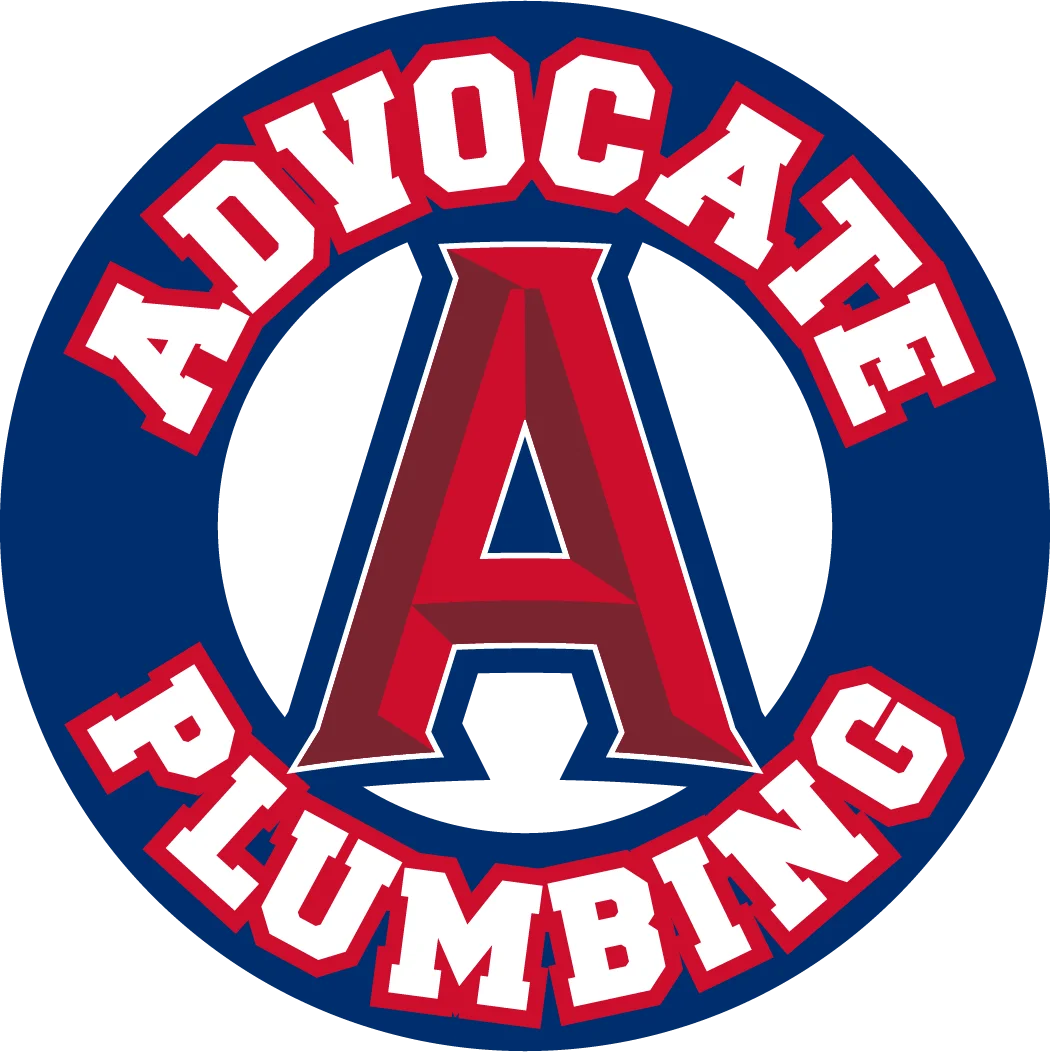Serving Hamilton County & Surrounding Areas
When to Consider Repiping Your Home
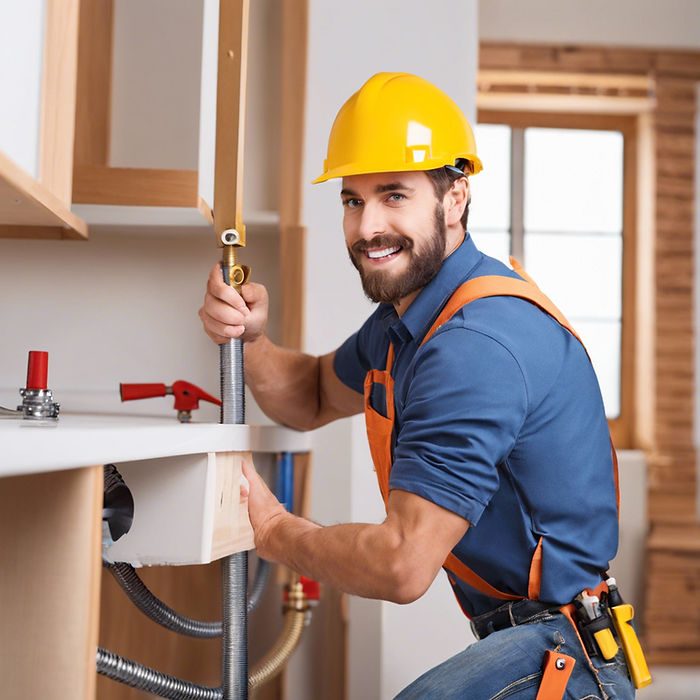
Your home’s plumbing system plays a vital role in providing water for everything from drinking and cooking to cleaning and bathing. But over time, your pipes can wear out, corrode, or become damaged, leading to a range of issues. At some point, you may need to consider repiping your home to avoid costly repairs and ensure your plumbing is working efficiently. In this blog, we’ll help you understand when it’s time to consider repiping your home and what the process involves.

1. Frequent Pipe Leaks
One of the most obvious signs that it’s time to consider repiping your home is frequent pipe leaks. While an occasional leak can happen in any home, consistent leaks are a sign that your pipes are deteriorating. Older pipes made of materials like galvanized steel or polybutylene are especially prone to corrosion and damage.
• What to Watch For: If you’ve had multiple pipe repairs in a short period of time, it might be more cost-effective to replace your pipes altogether rather than continue patching up leaks.
2. Discolored Water
If your water has taken on a rusty or brownish tint, it’s likely due to corrosion in your pipes. This is especially common in homes with older plumbing systems, where rust from the inside of the pipes begins to mix with your water supply. In addition to being unappealing, rusty water can stain clothes and fixtures.
• What to Watch For: Discolored water coming from multiple taps is a clear sign that your pipes are corroding from the inside, and it may be time to repipe your home.
3. Low Water Pressure
Low water pressure can be a sign of several plumbing issues, but one of the most common causes is aging or corroded pipes. As pipes age, they can become clogged with rust, mineral buildup, or sediment, which restricts water flow and reduces pressure throughout your home.
• What to Watch For: If you’re noticing a gradual decrease in water pressure, especially throughout your entire home, it could be due to narrowing pipes that need to be replaced.
4. Old Pipe Materials
If your home was built more than 50 years ago, there’s a good chance your plumbing system is made from outdated materials like galvanized steel, lead, or polybutylene. These materials are more prone to corrosion, leaks, and even health risks, particularly in the case of lead pipes.
• What to Watch For: If you’re unsure of the type of pipes in your home, have a plumber inspect them. Homes with older, outdated plumbing should be repiped with modern, safer materials like copper or PEX.
5. Water Damage and Mold Growth
If you’ve noticed signs of water damage, such as wet spots on walls, ceilings, or floors, or the presence of mold and mildew, it could be due to hidden leaks in your pipes. Even small, slow leaks can cause significant damage over time if left untreated.
• What to Watch For: Water stains, musty odors, or visible mold growth are all signs that your plumbing system is leaking. In many cases, repiping your home can prevent further damage and eliminate the source of the problem.
6. Noisy or Creaky Pipes
If your pipes are making strange noises—such as banging, creaking, or rattling—when you turn on the water, it could indicate that your plumbing system is under stress. Noisy pipes are often a sign of water pressure issues, loose pipes, or old plumbing that has deteriorated over time.
• What to Watch For: Occasional noises are normal, but if your pipes are constantly noisy, it may be time to consider repiping to eliminate the underlying issues.
The Benefits of Repiping Your Home
Repiping your home may seem like a significant project, but it comes with a range of long-term benefits:
• Improved Water Quality: Repiping with modern materials can eliminate issues like rust and lead contamination, giving you cleaner, safer water.
• Increased Water Pressure: New pipes allow for better water flow, meaning you’ll enjoy improved water pressure throughout your home.
• Fewer Repairs: By replacing old or damaged pipes, you’ll reduce the need for ongoing repairs and avoid costly water damage.
• Enhanced Home Value: A newly repiped home can be a valuable selling point if you’re planning to sell in the future. Buyers appreciate the peace of mind that comes with an updated plumbing system.
When to Call a Professional
If you’re noticing any of the signs mentioned above, it’s time to call a professional plumber to assess the condition of your pipes. A licensed plumber can inspect your plumbing system, identify any issues, and recommend the best course of action. In many cases, repiping can save you money in the long run by preventing major plumbing problems and improving the efficiency of your home’s water system.
Conclusion
Knowing when to consider repiping your home is key to maintaining a healthy and efficient plumbing system. If you’re dealing with frequent leaks, discolored water, low pressure, or other signs of aging pipes, repiping may be the best solution to avoid further damage and costly repairs. At Advocate Plumbing, we specialize in repiping homes with modern, durable materials. Contact us today to schedule an inspection and ensure your home’s plumbing is in top shape.
Recent Posts
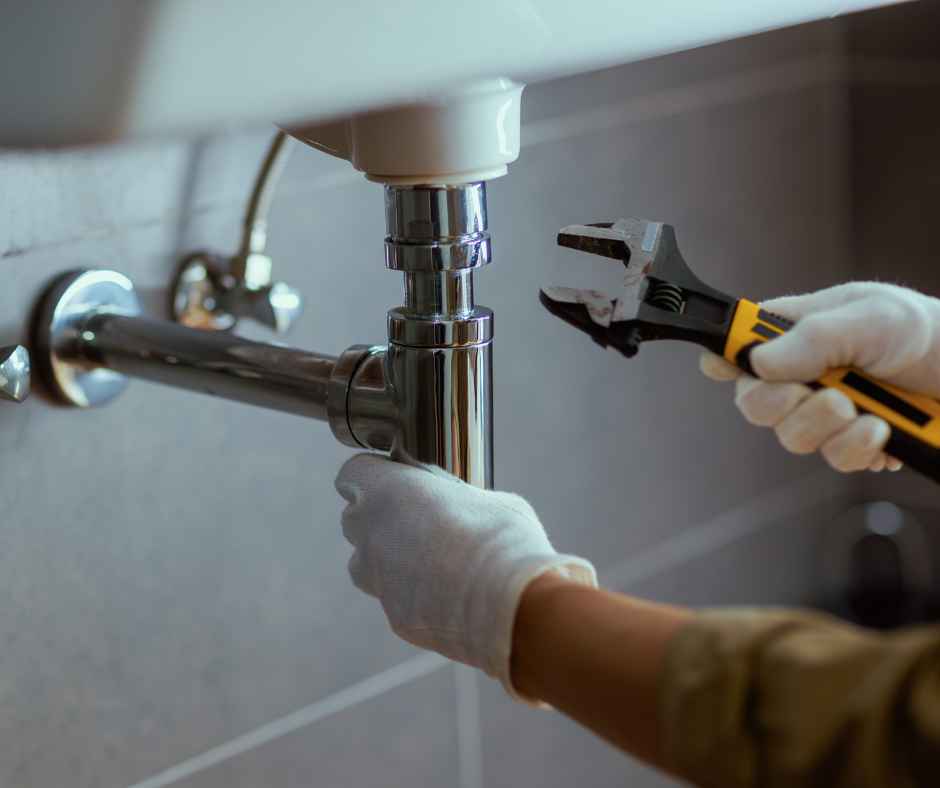
Why Hiring a Licensed Plumber Matters for Your Home’s Safety and Efficiency
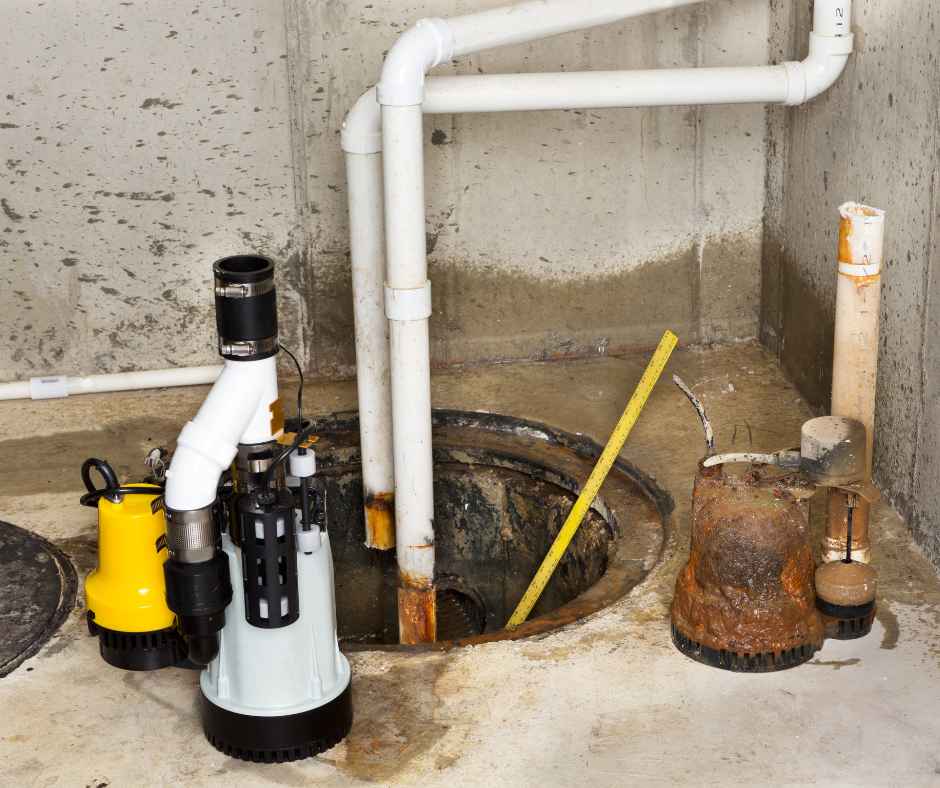
Why Your Sump Pump Needs Regular Maintenance and How to Do It
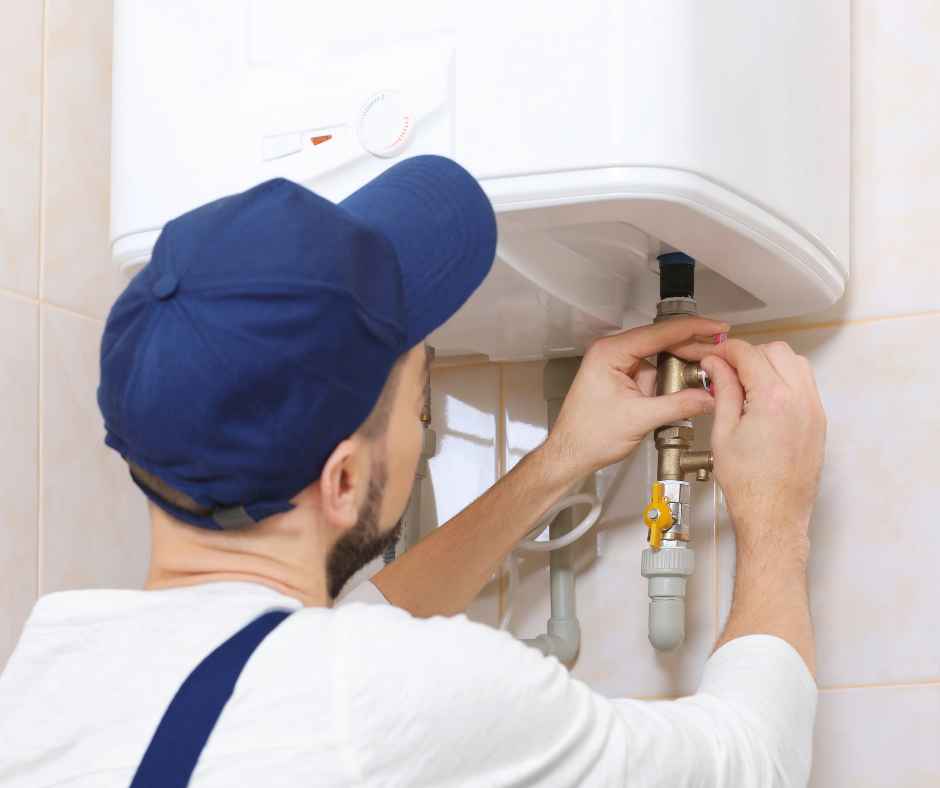
How to Choose the Right Water Heater for Your Home
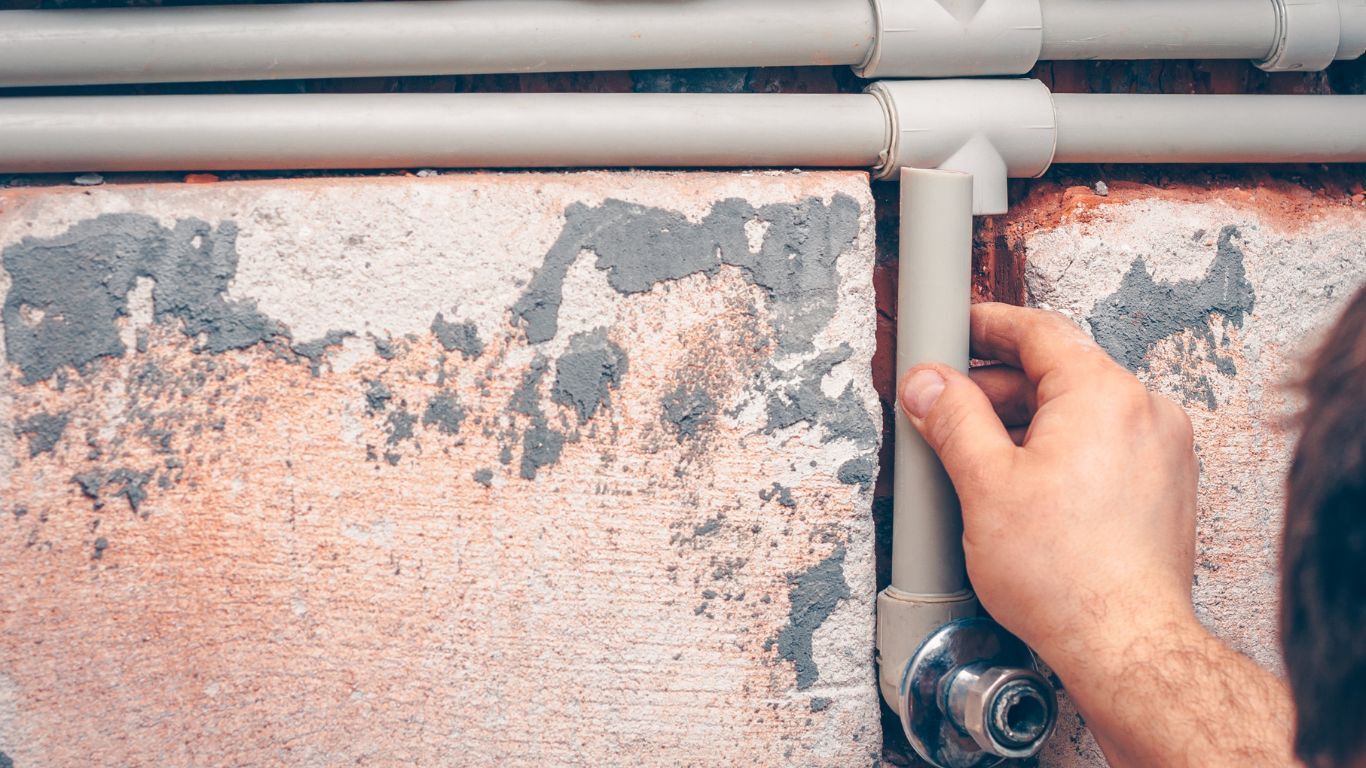
Preventive Plumbing Inspection Guide Every Homeowner Should Follow

Reverse Osmosis vs. Water Softener: Which Is Right for Your Home?
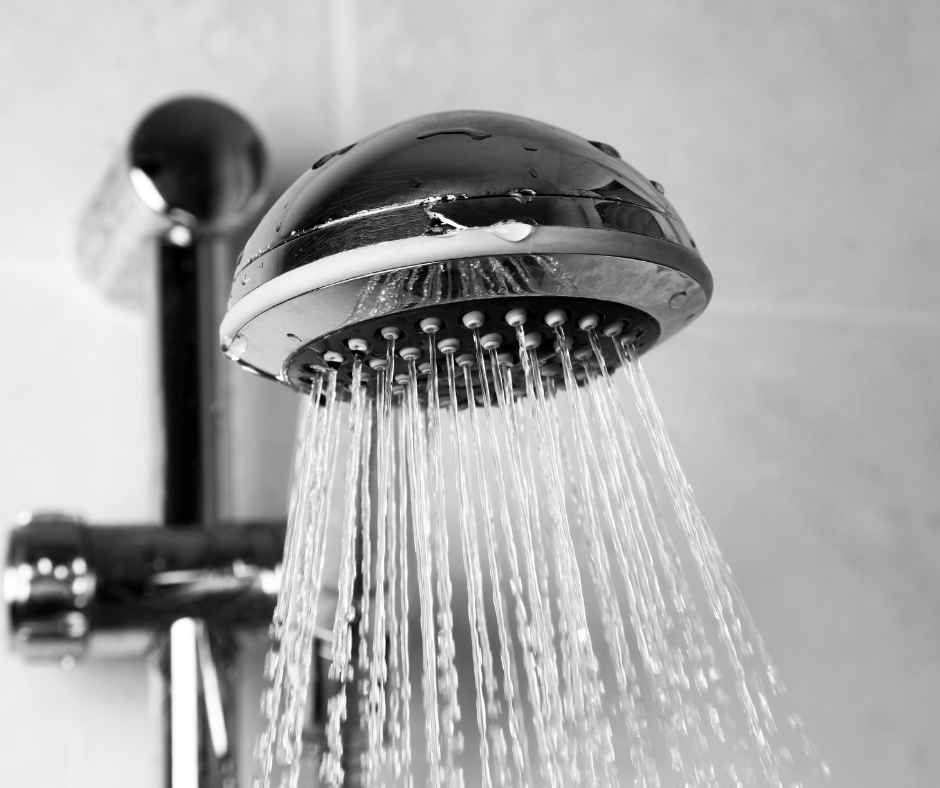
Seasonal Plumbing Maintenance Checklist for Hamilton County Residences
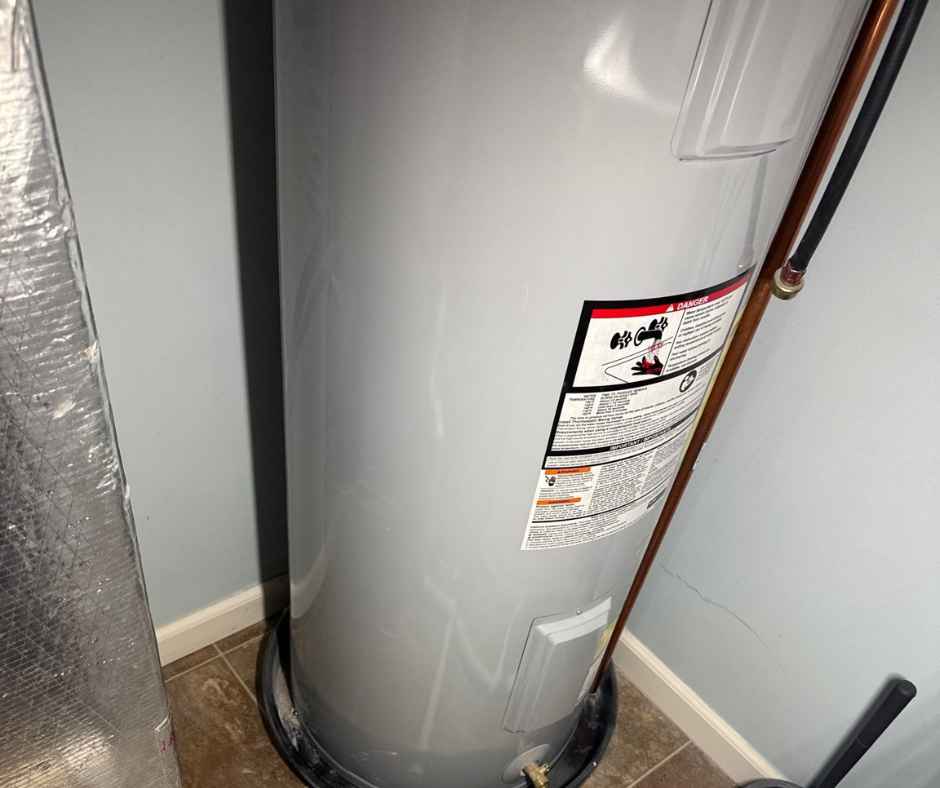
Why Is My Water Heater Beeping?
Get in Touch
